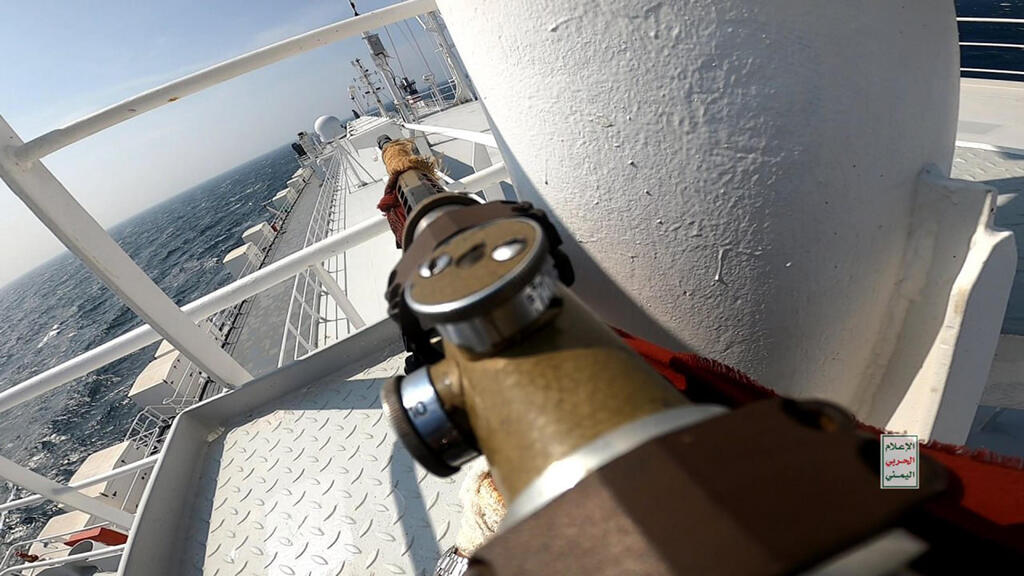Getting your Trinity Audio player ready...
The Houthis pose a significant threat to regional stability and must be addressed through an international coalition, according to Middle East expert Dan Fefferman.
FALLING LIKE DOMINOES
(ILTV)
“They've been a threat to regional stability for a number of years now, since they came on the scene,” Feferman told ILTV News. “They've fired multiple and very sophisticated ballistic and cruise missile attacks at Riyadh, at major oil facilities, at Abu Dhabi. A couple years ago, they fired over 400 missiles and drone strikes at Israel, primarily at the Tel Aviv area. And they've also severely interrupted international shipping going through the Red Sea. They've halted Suez Canal shipping by over 60% in the last year. So this is not just a threat to Israel. This is a threat to regional stability. This is a threat to international stability. And so it's a threat that must be dealt with in an international coalition manner.”
Feferman explained that the Houthis are a rebel group that has seized control of much of Yemen's territory and are increasingly supported by Iran. The group reportedly has around 20,000 fighters.
Get the Ynetnews app on your smartphone: Google Play: https://bit.ly/4eJ37pE | Apple App Store: https://bit.ly/3ZL7iNv
Initially a smaller organization, the Houthis have expanded their influence and capabilities with Iranian backing and access to Russian arms. They now possess advanced technologies, including drones, cruise missiles, and ballistic missiles. Their maritime operations have disrupted vital shipping lanes, including the Red Sea, and they have even launched attacks on U.S. and other international naval vessels near Yemen’s coast.
“It's significant enough that it must be dealt with, and its capabilities keep growing from year to year, so long as they're allowed to grow,” Feferman emphasized.
The Houthis' growing influence and military power have made them a pressing concern not only for the Middle East but also for global stability, underscoring the urgent need for international action.
First published: 04:17, 12.25.24





